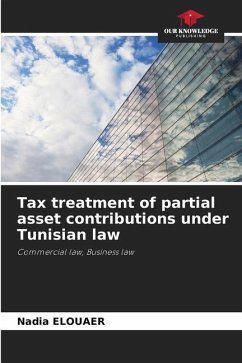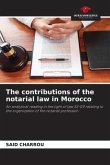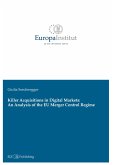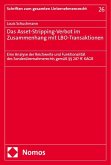In an economic era marked by fierce competition, companies must adopt all the methods authorized by law to improve their competitiveness and keep pace with the global economic market, by means of various restructuring operations, the most important and most widely used of which are partial asset contributions. This is the only restructuring operation that has no legal definition in Tunisian law. The Tunisian legislator has merely listed it among the various methods of increasing the capital of existing companies or creating new companies, without however presenting a specific tax regime for the partial contribution of assets. This book attempts to clarify the ambiguity of the concept of partial asset contribution in Tunisian law.
Bitte wählen Sie Ihr Anliegen aus.
Rechnungen
Retourenschein anfordern
Bestellstatus
Storno








